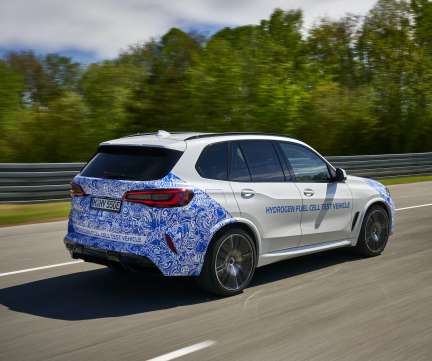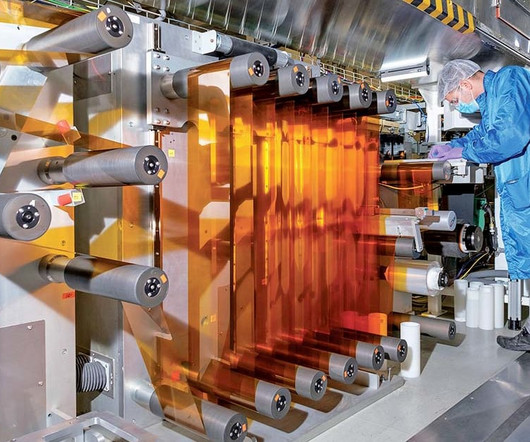Converting glycerol from biodiesel production into bio-gasoline
Green Car Congress
DECEMBER 16, 2013
A team at the University of Idaho has demonstrated that glycerol, a byproduct from biodiesel production, could be used as a substrate for producing drop-in gasoline-range biofuel. The technology of converting methanol into gasoline was discovered and commercialized more than 3 decades ago. Tropsch synthesis (FTS).







































Let's personalize your content